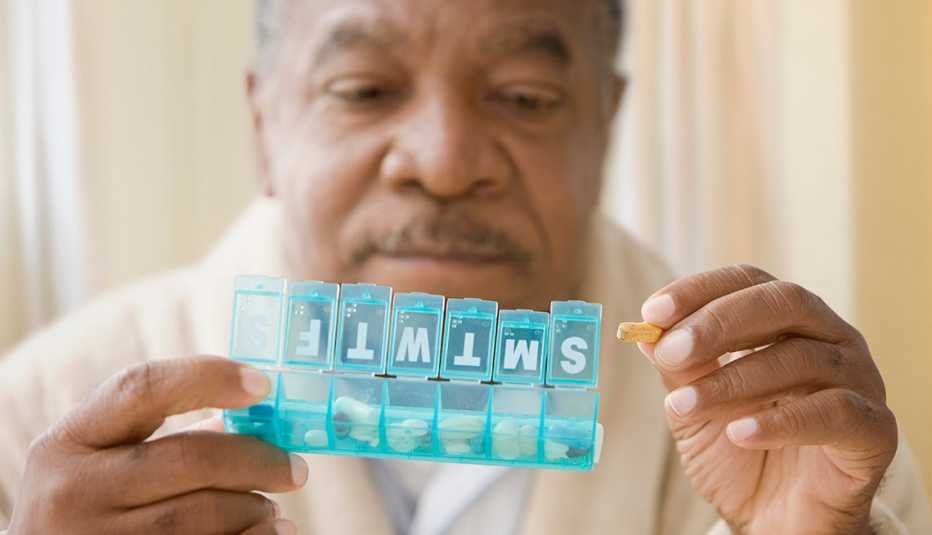Staying Fit


The giant pharmaceutical lobby is pressing Congress to roll back a recent budget deal provision that gives some financial relief to millions of Medicare beneficiaries with high prescription drug costs.
The deal that federal lawmakers passed in February is supposed to help lower prescription drug costs for older Americans by requiring that brand-name drug companies pick up more of the cost of their medicines for beneficiaries who are in the Part D “donut hole."


AARP Membership— $12 for your first year when you sign up for Automatic Renewal
Get instant access to members-only products and hundreds of discounts, a free second membership, and a subscription to AARP the Magazine.
Medicare Part D enrollees find themselves in the donut hole when their total spending on medicines reaches a certain threshold, which had been set at $3,820 for 2019. Once a beneficiary reaches that limit, he or she enters the donut hole, where they pay 25 percent of costs for brand-name drugs and 37 percent of the cost of generics. Beneficiaries continue to pay this share until their out-of-pocket spending reaches $5,100. Once they hit that limit, they exit the coverage gap and enter catastrophic coverage, where they pay no more than 5 percent of their drug costs for the rest of the year.
The coverage gap was scheduled to close in 2020, but under the bipartisan budget deal, that is supposed to happen in 2019. In addition, Congress required brand-name drug manufacturers to pay more of the cost of their medicines for beneficiaries in the donut hole. Currently, these drugmakers pay 50 percent of the cost of their brand-name drugs for enrollees in the gap. Under the budget law, starting in 2019 they are supposed to pay 70 percent. The higher discounts would help lower drug costs for seniors, reducing the amount they have to pay out of pocket to reach catastrophic coverage.
The pharmaceutical industry has been trying to overturn the agreement since it was passed and has been lobbying lawmakers in both parties. A recent ad from the drug lobby claims the budget deal “threatens” Medicare’s “successful competitive structure.”

































































More on politics-society
Get Yourself Ready for the 2020 Election
Expect rough-and-tumble campaigns in which issues take a back seat and social media dominates